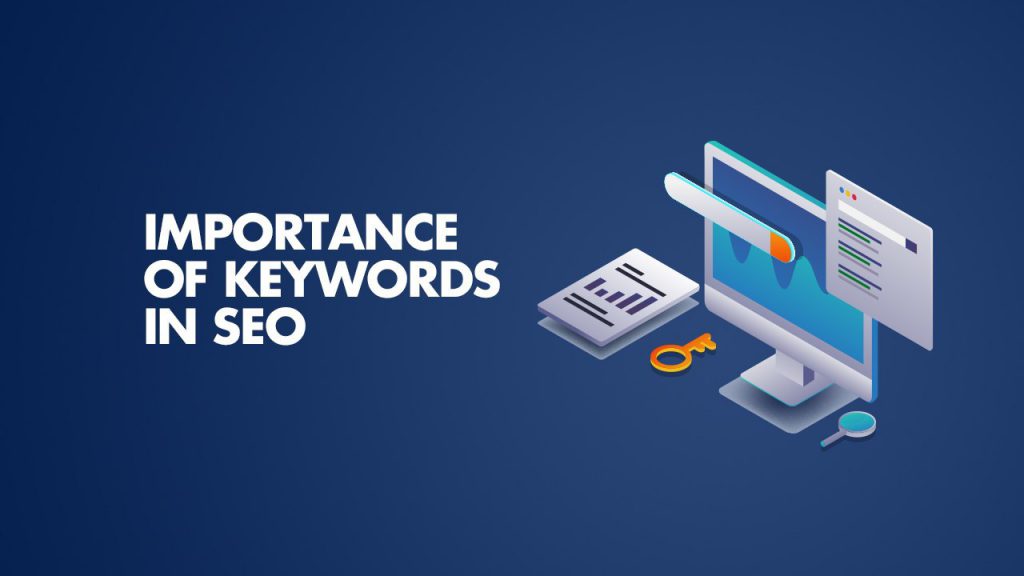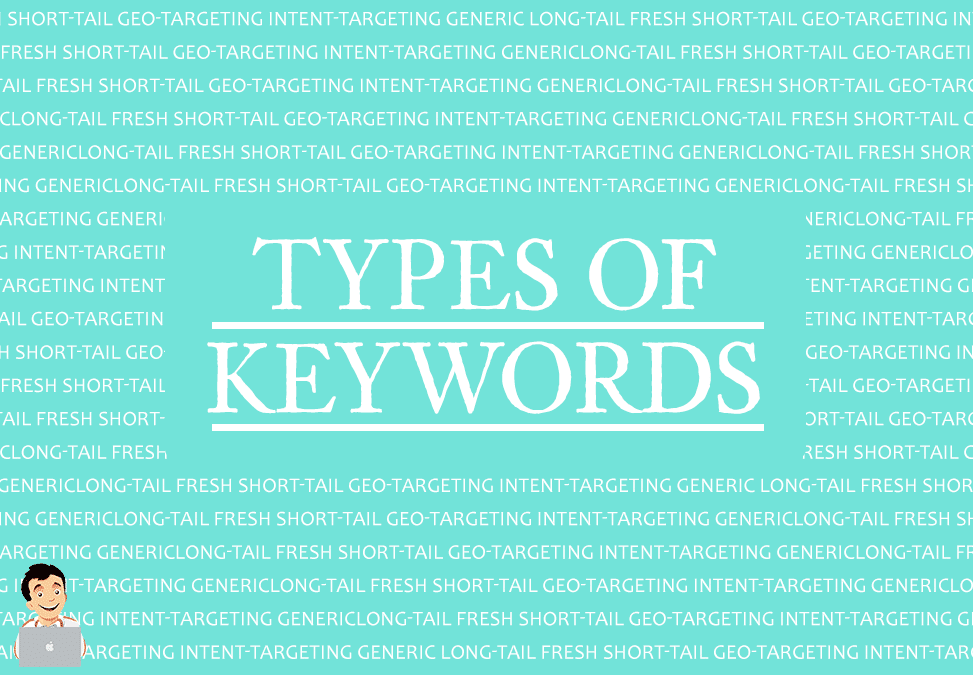
A word that acts as a key for Google search or any other engine for what people is searching for actually. Keywords are concepts and subjects that define what your content is about. In terms of SEO, they’re the words and terms that searchers type into search engines, similarly called “search queries.” If you simmer everything proceeding your page — all the images, video, copy, etc. — down to modest words and phrases, those are your primary keywords. As a website holder and content producer, you need the keywords on your page to be related to what people are surfing for so they have an enhanced chance of getting your content among the outcomes.
Why keyword plays an important role in website Growth?

Keywords are essential as they are the connection between what people are surfing for and the content you are providing to fulfill that requirement. Your objective in position on search engines is to drive organic traffic to your site from the search engine outcome pages (SERPs), and the keywords you select to target (significance, among added things, the ones you choose to embrace in your content) will decide what kind of traffic you get. Keywords are a description of your audience as they are a description of your content, because you may describe what you providing in a little altered way than some people ask for it. To produce content that grades well organically and drives companions to your site, you need to understand the necessities of those visitors — the verbal they use and the type of content they pursue. You can do this by conversing with your customers, visiting forums and community groups, and doing your own keyword exploration with a tool like Keyword Explorer.
Types of keywords

- Short tail: These are wide search terms that have a very great bulk of search traffic. Such terms are generally one or two words, and they are naturally the most competitive SEO keywords
- Mid tail: Mid-Tail Keywords are typically two to three words and are slightly more expressive than basic seed keywords. These keywords are expected to be less competitive than broad keywords as they are more expressive.
- Long tail: Long-tail Keywords are extremely targeted to a particular topic or audience and classically consist of several words, giving them their name. Because long tail keywords are more precise, they likely to be less competitive and can lead to greater click through rates.
Conclusion
By arranging your website content with your aimed SEO keywords, you can progress your search engine rankings. By understanding the reason behind the several types of keywords, you can better plan just how and at what time to reach your ideal customers via the information on your website. SEO Keywords are the words or expressions people use to hunt for information online and what internet search engines practice to rank and sort content on the internet.
